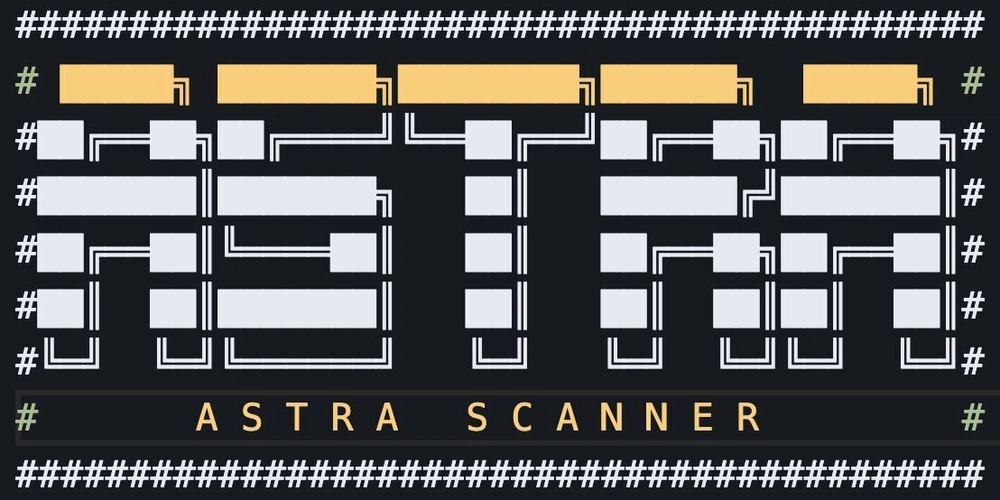Why Startups Need Custom Software Development

Introduction
Launching a startup is a bold move. You’re trying to do something new, solve a real problem, and grow fast—often with limited resources. In the beginning, many startups turn to off-the-shelf tools because they’re affordable and easy to use. But as your business evolves, these solutions can start holding you back.
Think about it: can generic software really support your unique business model, workflows, and vision?
This is why custom software development is not just an upgrade—it’s a strategic investment. It enables startups to build solutions tailored to their specific needs, giving them a strong foundation to scale, compete, and innovate.
Let’s dive into why custom software is a smart move for startups—and how to know when you’re ready for it.
Key Reasons Startups Should Choose Custom Software
1. Tailored to Your Business Model
Every startup is built differently. Maybe you offer a subscription service with custom billing, or perhaps you're using an innovative logistics process. Off-the-shelf software is built for mass use—it forces you to adapt your operations to the tool, instead of the other way around.
Custom software is designed around your specific processes, whether it’s customer onboarding, order tracking, or internal workflow. This allows for:
-
Better user experience
-
Less manual work
-
Greater efficiency from the start
Your software becomes a true asset, not a workaround.
2. Scalability That Grows With You
Startups are all about growth. But what happens when your user base doubles overnight? Will your tools keep up—or crash under pressure?
Custom solutions are built with scalability in mind. You can:
-
Add new features as you grow
-
Handle increased data and traffic
-
Expand into new markets with localisation
Instead of switching platforms as you grow, custom software evolves with you, saving time and resources.
3. Seamless Integration with Your Tech Stack
Modern startups rely on multiple tools: CRM, ERP, payment systems, marketing automation, and more. But disconnected systems lead to duplicated data, inefficient processes, and poor decision-making.
Custom software allows you to integrate everything, offering a centralised platform where data flows smoothly across departments. The benefits?
-
Real-time insights
-
Streamlined operations
-
Better team collaboration
Your business runs like a machine—because your systems actually talk to each other.
4. Cost-Effective in the Long Run
Off-the-shelf tools might seem cheaper at first, but they come with hidden costs:
-
Recurring subscription fees
-
Costs of add-ons or upgrades
-
Productivity lost due to limited features
Custom software is an investment, yes—but one that pays off over time. You own the solution, you control updates, and you don’t have to keep paying for features you don’t use. Plus, you’re not at the mercy of third-party pricing changes or platform shutdowns.
5. Quick Adaptability & Faster Pivots
Startups operate in fast-moving environments. You might need to test new features, change your pricing model, or target a new customer segment. With off-the-shelf software, making those changes is difficult—if not impossible.
Custom solutions offer speed and agility. You can:
-
Launch new features quickly
-
Respond to market feedback in real time
-
Experiment and iterate with confidence
In a competitive market, this ability to pivot fast can be a game-changer.
6. Improved Security & Compliance
Security breaches can destroy a startup's reputation before it even gets off the ground. Off-the-shelf tools are widely used, making them attractive targets for cybercriminals.
Custom software lets you:
-
Build robust security features tailored to your data
-
Add role-based access controls and encryption
-
Comply with local and international regulations (like GDPR or HIPAA)
You control your data—and protect your customers—right from the beginning.
7. Unique Brand Experience
Your startup’s brand is more than your logo. It’s how people experience your business.
Custom software allows you to design every touchpoint, from sign-up to customer support, in a way that reflects your brand’s personality. Whether it’s a sleek UI or a unique workflow, you’re delivering a consistent, professional, and memorable experience that sets you apart.
When Is the Right Time for Custom Software?
While every startup is different, here are some signs you’re ready for a custom solution:
-
You’ve outgrown your current tools
-
Your team is using too many disconnected systems
-
You have a unique workflow or product model
-
You're preparing for rapid growth or investor interest
-
You want to improve the user experience and stay ahead of competitors
The best time to build custom software? Once your MVP is validated and you’re ready to invest in long-term growth.
Common Misconceptions About Custom Software
“It’s Too Expensive”
It might seem costly upfront, but consider this:
-
You’re not paying monthly fees forever
-
You reduce the need for multiple third-party tools
-
You get software that actually improves ROI
Long term, it’s more cost-efficient and effective.
“It Takes Too Long to Build”
Custom software doesn’t have to take years. With an experienced development team, you can launch a Minimum Viable Product (MVP) quickly and add features as you go.
Modern development methods like Agile help ensure steady progress and faster results.
“It’s Only for Big Companies”
Startups actually benefit the most. They need:
-
Flexibility
-
Speed
-
Innovation
Custom software gives you all three—and helps you grow into that big company.
Steps to Getting Started
1. Define Your Needs
Start by asking:
-
What are the main problems you’re trying to solve?
-
What tools are slowing you down?
-
What features will support your growth?
Clear answers will help you build the right solution.
2. Choose the Right Development Partner
Look for a team that:
-
Has experience working with startups
-
Understands modern tech stacks
-
Offers transparent timelines and costs
-
Is open to collaboration and iteration
Good partners don’t just write code—they become your technology advisors.
3. Build an MVP First
You don’t need every feature on day one. Start with the core functions and test them with real users. Their feedback helps you build better, faster.
4. Plan for Future Growth
Make sure your software:
-
Uses scalable architecture
-
Allows easy integrations
-
Has room for upgrades
This future-proofs your investment.
Conclusion
Startups are all about innovation, speed, and solving real-world problems. Off-the-shelf software might work for a while, but it can’t keep up with your unique journey.
Custom software isn’t just about features—it’s about building the right tools for your business, your team, and your customers. From better workflows and integrations to stronger security and branding, custom solutions unlock real growth.
If you're ready to take that leap, working with a trusted software development company South Africa like Ditstek Innovations can give your startup the smart, scalable solutions it deserves.
Let’s build what your business really needs—together.




















































































